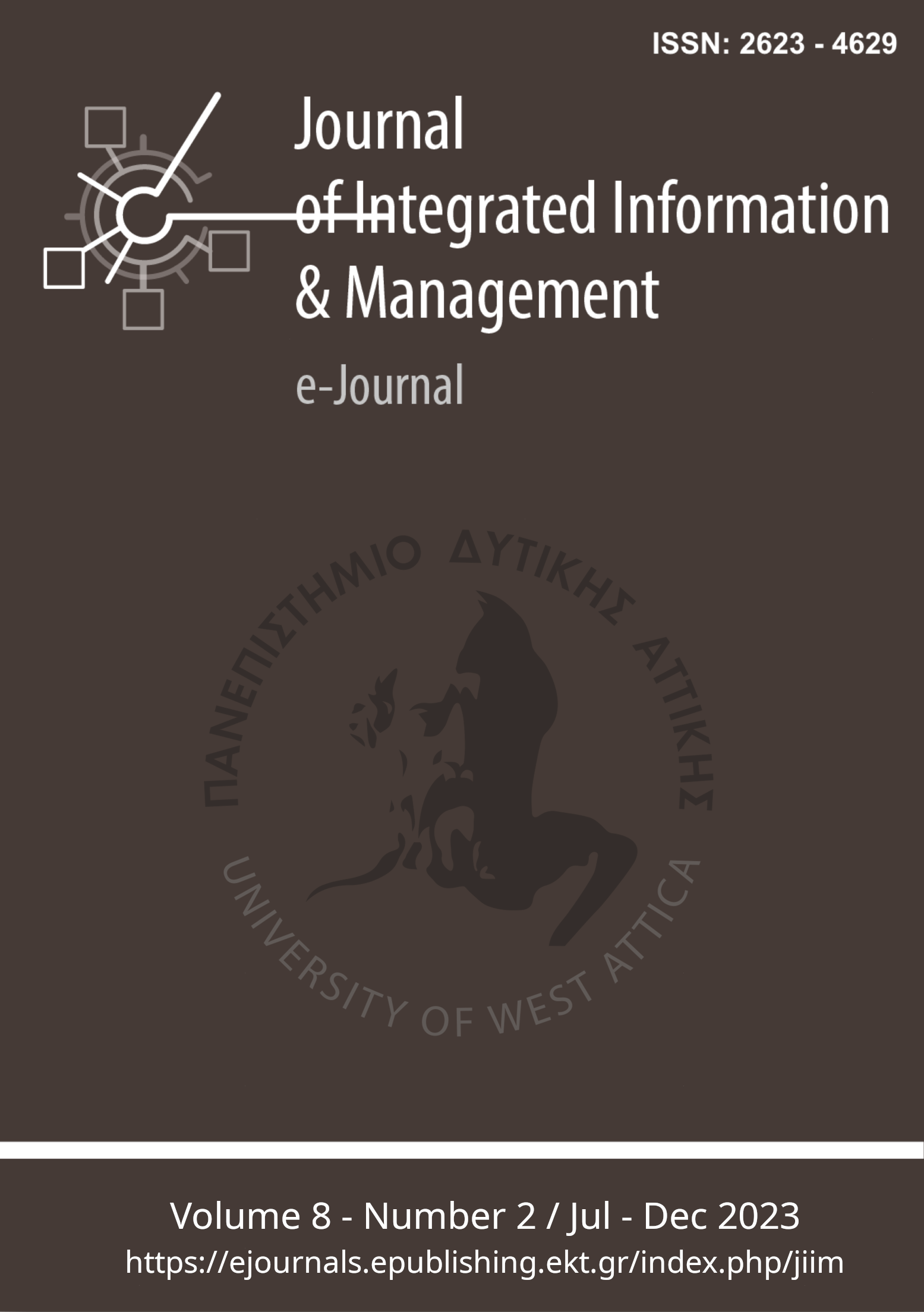Lemmatization and sentiment analysis of Greek political tweets during the pre-election period of 2023

Abstract
Purpose – The present work discusses findings of a research on Twitter data of the two politicians running for Prime Minister, as well as their press secretaries, during the pre-election period of May 2023 in Greece.
Design/methodology/approach – We collected the tweets that were posted by the two main candidates running for Prime Minister in Greece, as well as their press secretaries, during the pre-election period of May 2023. Lemmatization was performed on the four sets of tweets as well as sentiment analysis using SentiStrength for Greek, a sentiment dictionary that was developed for Greek political short text/ tweets.
Findings – Results revealed the importance of positive sentiment when posting on Twitter; they also revealed the different approaches of mentioning people vs locations of the two politicians that were running for Prime Minister.
Originality/value – Writing positive tweets during a pre-election period can lead to victory in Greece. Focusing excessively on the opponent and other political figures is not a way to win voters in Greece in 2023. Instead, making references to geographic locations in Greece is preferred. Furthermore, SentiStrength for Greek is used for the first time.
Article Details
- How to Cite
-
Chantavaridou, E., & Kapidakis, S. (2023). Lemmatization and sentiment analysis of Greek political tweets during the pre-election period of 2023. Journal of Integrated Information Management, 8(2), 37–43. Retrieved from https://ejournals.epublishing.ekt.gr/index.php/jiim/article/view/37820
- Section
- Research Articles

This work is licensed under a Creative Commons Attribution-NonCommercial 4.0 International License.
Copyright Notice
Authors who publish with JIIM agree to the following terms:
- Authors retain copyright and grant the journal right of first publication with the work simultaneously licensed under a Creative Commons Attribution Non-Commercial License that allows others to share the work with:
- An acknowledgment of the work's authorship and initial publication in this journal.
- Authors are permitted and encouraged to post their work online (preferably in institutional repositories or on their website) prior to and during the submission process, as it can lead to productive exchanges, as well as earlier and greater citation of published work.





